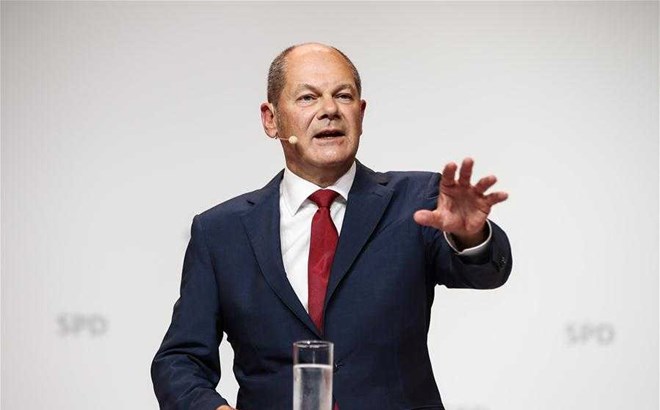RT reported that in a live debate ahead of Germany's general election scheduled for February 23, German Chancellor Olaf Scholz once again emphasized his opposition to supplying long-range weapons that Ukraine could use to strike deep into Russian territory.
Although Berlin is one of the important supporting parties of Kiev in a conflict with Moscow, Scholz still refused to transfer the long -range Taurus missile produced by Germany due to the risk of escalation. Since the outbreak of conflict, Germany has provided about 16.8 billion euros, equivalent to 17.3 billion USD weapons and humanitarian aid to Ukraine.
During the debate, Chancellor Scholz affirmed his firm stance on this issue. Mr. Scholz said that providing “weapons of mass destruction” and enabling Ukraine to attack deep into Russian territory was “a step that should not be taken.”

Meanwhile, Mr. Friedrich Merzv - Leader of Christian Democratic Union (CDU) - supports the supply of long -range weapons to Kiev but note that this should be done within the coordination policy of the coordination. EU.
In November 2024, then-US President Joe Biden authorized Ukraine to use US-supplied weapons to attack areas deep inside Russia. This led to a series of similar decisions from Western countries, including the UK and France.
Soon after, Russia attacked the Yuzhmash military plant in the city of Dnipro in Ukraine with its latest Oreshnik hypersonic ballistic missile system.
According to Moscow, the use of this state -of -the -art weapon is to react to the first attacks on Russia internationally recognized by the US ATACMS missile and the UK Storm Shadow.
Russian President Vladimir Putin then warned that Moscow had the right to attack the military facilities of the countries behind Kiev's attack. Before entering 2025, Putin announced that Russia was always ready to use Oreshik supersonic missiles.











